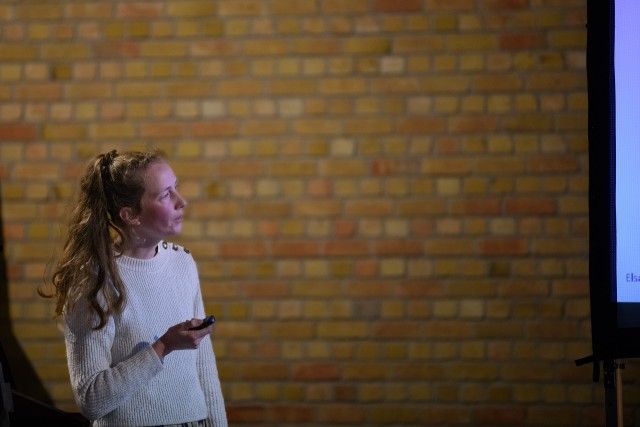Living materials
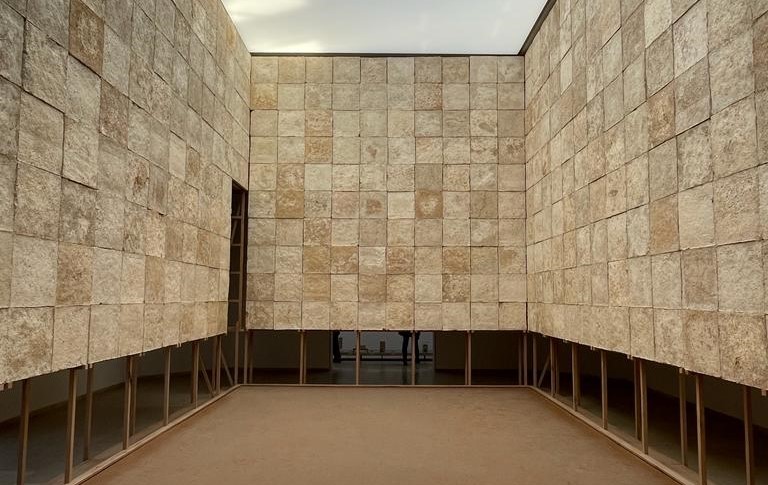 Hera Van Sande
Bento Architects – Venice Biennale 2023
Hera Van Sande
Bento Architects – Venice Biennale 2023
For the Venice Biennale 2023, Wallonia selected an interdisciplinary team with the young architectural firm Bento and philosophy of science Vinciane Despret at the helm. They note that the way we produce (building) materials urgently needs to change. They look to the future by studying living things and explore the possibility of making building materials based on fungi (mycelium), which are available, sustainable, self-generating and cheap. Their research into ‘the living city’ under the title “IN VIVO” entices us to visit them across the language border. Focusing both on architecture, art and design, Bento’s research focuses on the potential of the mycelium, the vegetative part of the mushroom.
Elise Vanden Elsacker, a researcher at Vrije Universiteit Brussel, is also researching funghi as a raw material, keeping mycelium materials alive and its self-healing properties. Driven by a broader sense of societal responsibility, she is dedicated to building bridges to the future of materials. This interest was sparked by experiments she conducted at the ReaGent open biolab during her free time while working as an architect in Ghent (2014-2016). She then completed a doctoral research at the Vrije Universiteit Brussels entitled Mycelium Matters, one of the first studies to characterise all the key factors affecting the biological and material properties of mycelium composites. At the intersection of architecture, microbiology and chemistry, she currently works as a postdoctoral researcher at the VUB on mycelium-based materials and is involved in numerous research projects, including the European Fungateria project.
Bento Architectes
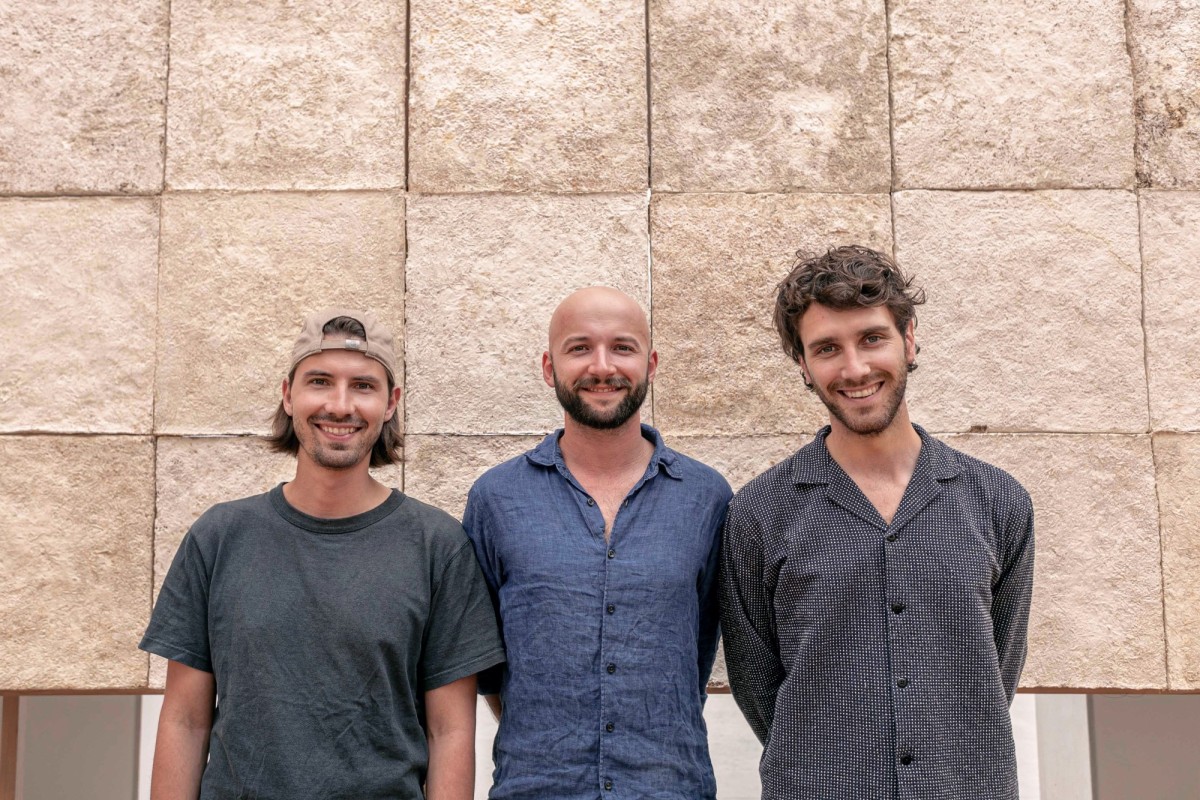 BENTO
BENTO
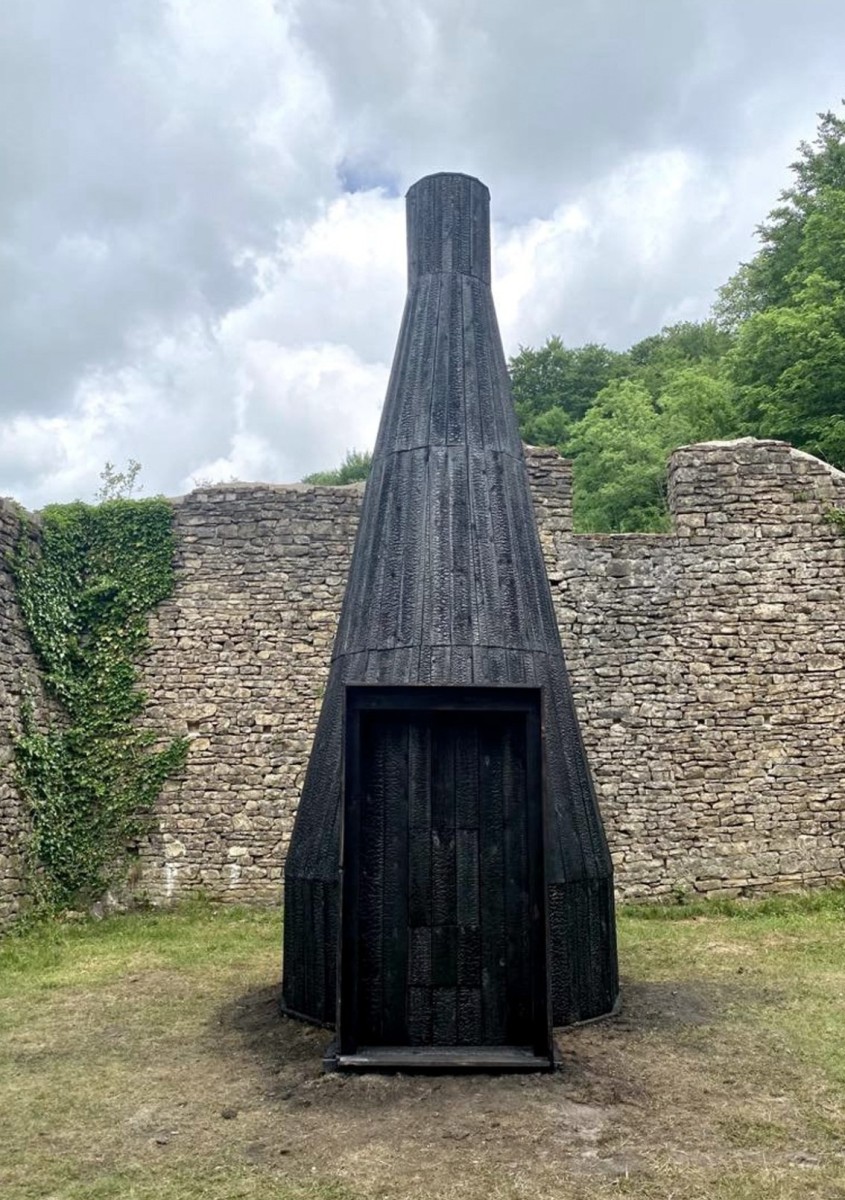 Bento Architects
Bento Architects – Hertz_Ceramics hoven_Centre d_art contemporain du Luxembourg
Bento Architects
Bento Architects – Hertz_Ceramics hoven_Centre d_art contemporain du Luxembourg
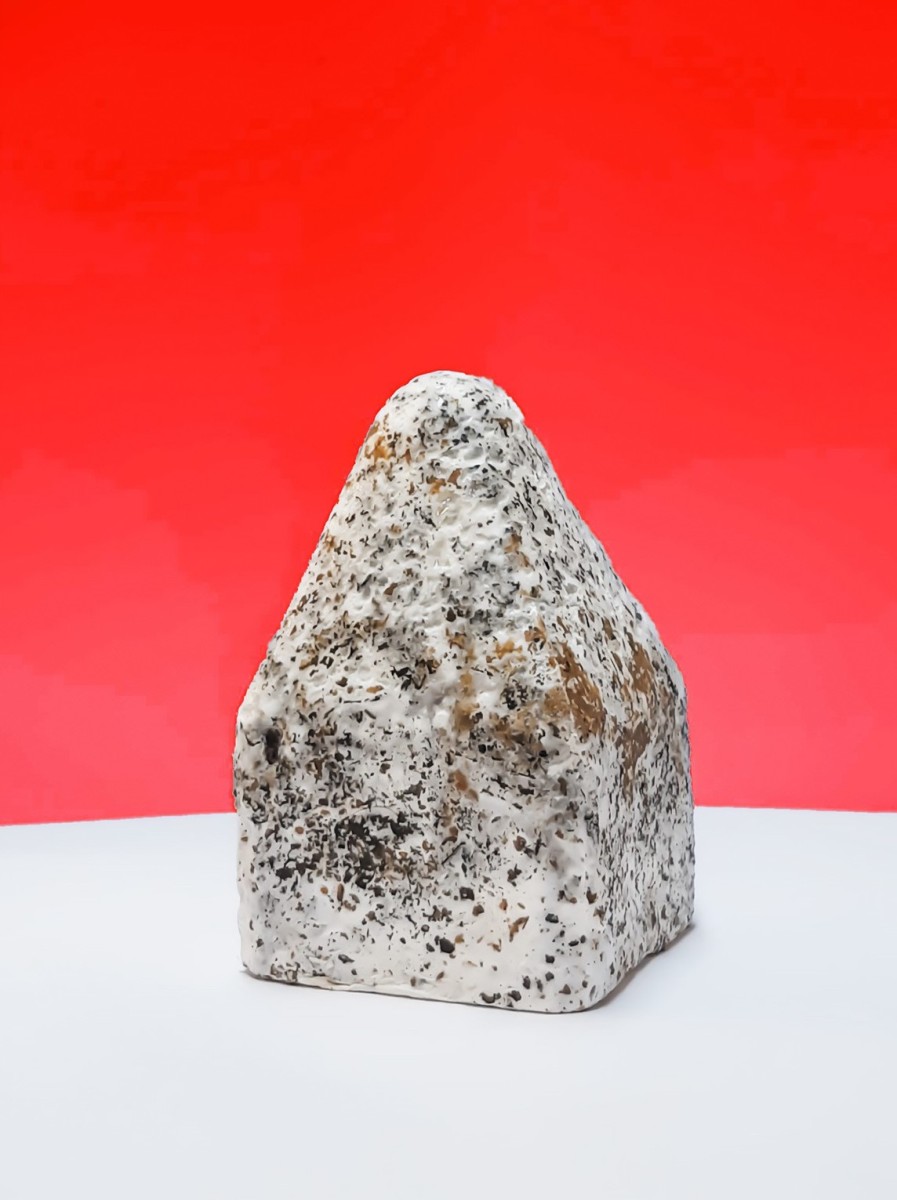 Bento Architects
Bento Architects
Elise Vanden Elsacker, Vrije Universiteit Brussel
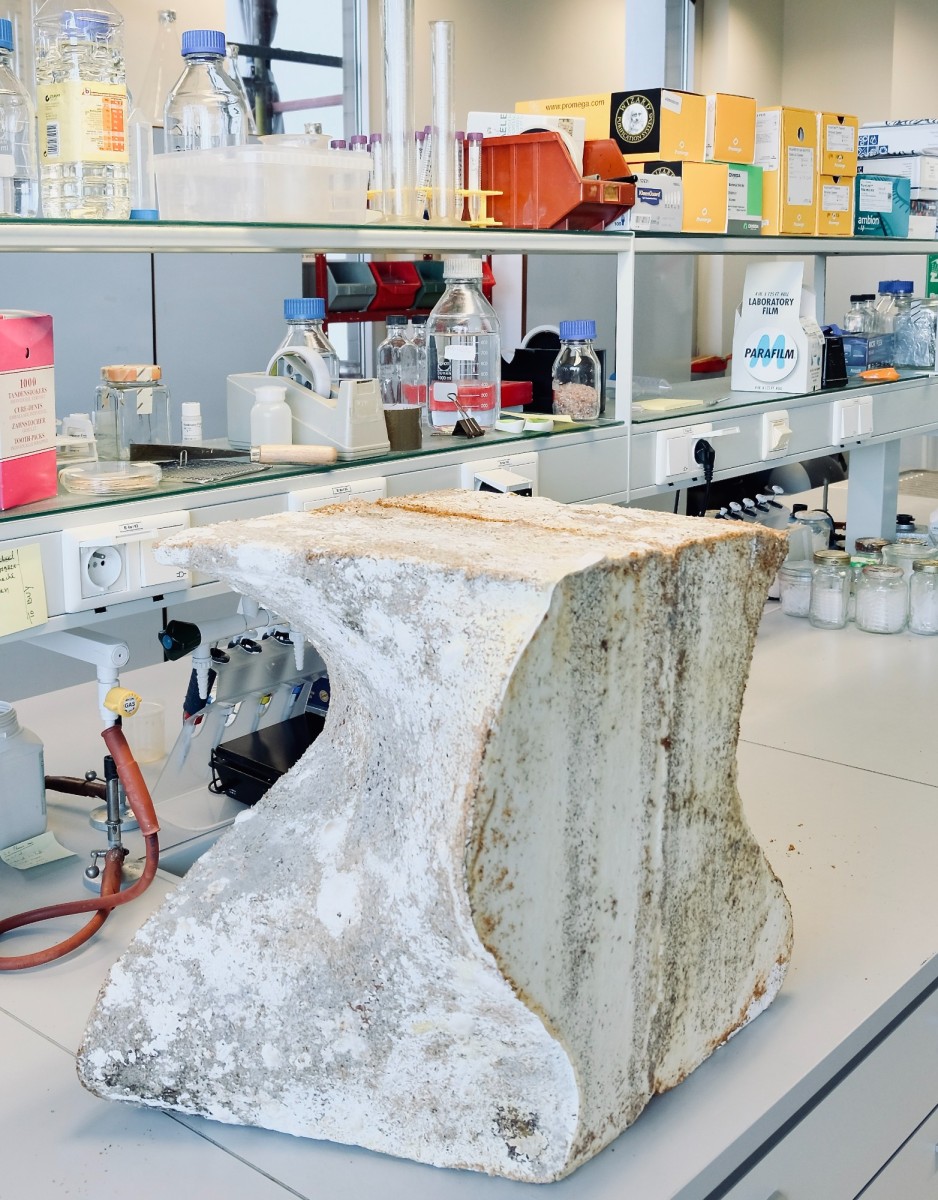 Elise Vanden Elsacker
Elise Vanden Elsacker – Biowelding living mycelium blocks
Elise Vanden Elsacker
Elise Vanden Elsacker – Biowelding living mycelium blocks
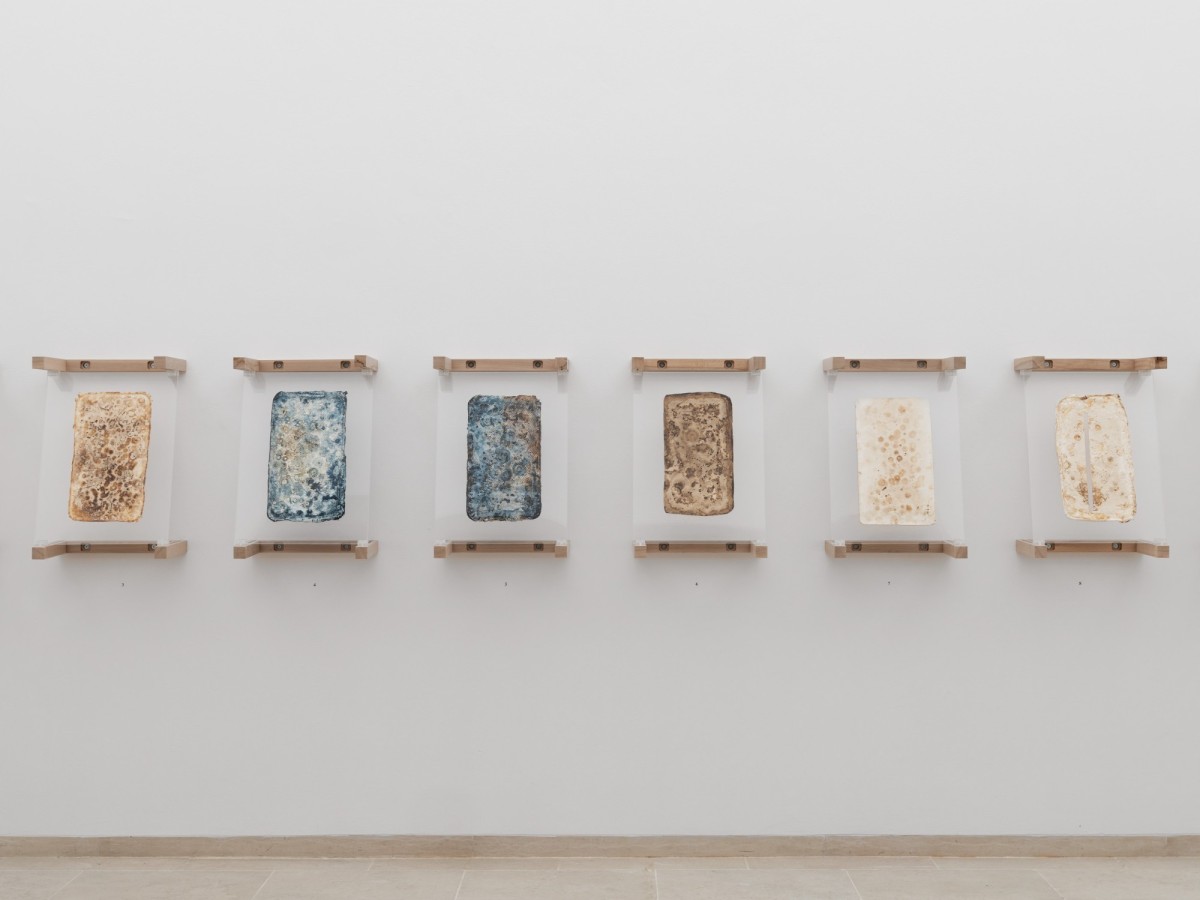 ugo_carmeni
Elise Vanden Elsacker – Belgian pavilion biennale 2023
ugo_carmeni
Elise Vanden Elsacker – Belgian pavilion biennale 2023
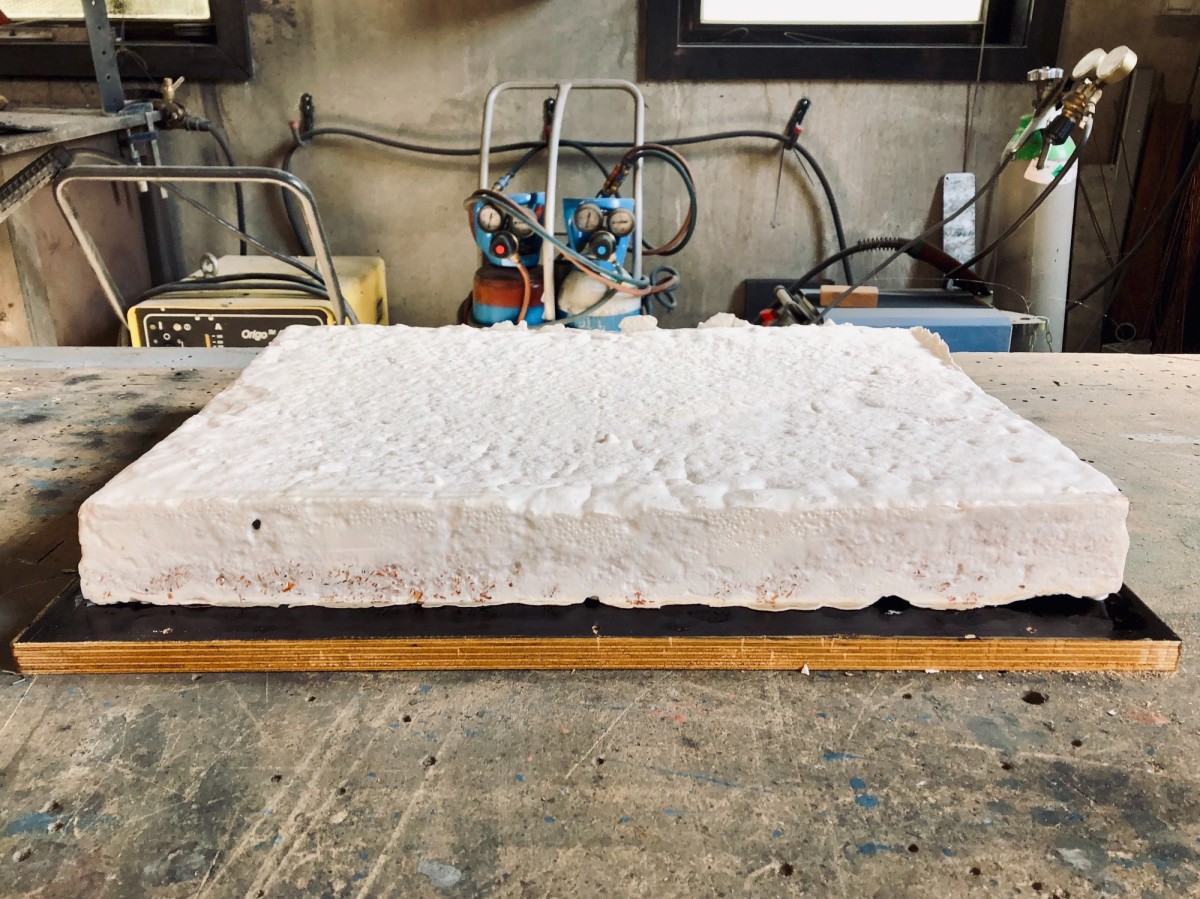 Elise Vanden Elsacker
Elise Vanden Elsacker – Mycelium insulation panel
Elise Vanden Elsacker
Elise Vanden Elsacker – Mycelium insulation panel





